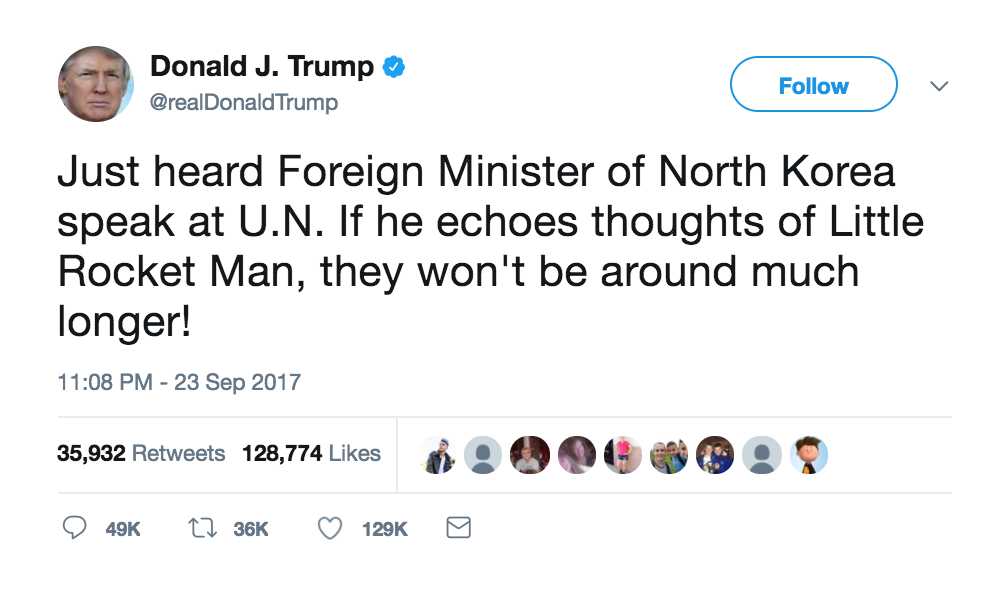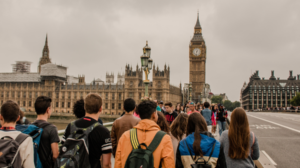For the Love of Social Science
Studying at Sciences Po Paris is phenomenal; I am meeting people from all over the world who all have a passion for the social sciences. At Northeastern University, there is this nebulous college: College of Social Sciences and Humanities, which is only one out of many Northeastern colleges. Thus walking around Northeastern University, it is less likely that I will run into a policy wonk than at Sciences Po which is dedicated to social sciences alone. Whereas I enjoy talking to everyone, because everyone has unique and interesting stories, it is amazing to meet people who are passionate about the same things as me.

For example, while on a tour of campus, I overheard two guys discussing the merits of Hegel; this is when I realized that I found my people. I have never come across a group of people who so easily switch between conversations about cultural appropriation by Netflix, to Piketty, to American Politics. I believe studying abroad is giving me the opportunity to meet people and hear new ideas, which I might never encounter otherwise.
You know America Politics and Policy?

One night, I ate dinner with exchange students from Singapore, Australia, and Germany. Over dinner, we had a very interesting and nuanced discussion on American: history, presidents, and current issues. My classmates were talking about President Nixon’s vs President Carter’s foreign policy, the recent government shut down, and W’s tax cuts. The misstep I heard was calling Michael Dukakis, “George Dukakis”. I was amazed at how much they all knew about America. It made me feel bad that I do not have as detailed an understanding of the countries from which they came (Australia, Germany, and Singapore).
By the end of the conversation, I said to the table, “I am surprised you know so much about American politics.”
The table looked perplexed by my comment. The Australian responded in a confused tone, “I am a Political Sciences major, so I study this.”
Then I proceeded to explain how as an American, I know a fair amount about American presidents and current issues, but I know very little about Australia or Singapore. Once the table understood my bewilderment they proceeded to explain why they knew about America, which came down to two interesting claims.
The student from Singapore said that American current issues are (in some ways) more interesting than the political news in their home countries. In Singapore, during the State of the Union, the Prime Minister’s main points were on: lowering diabetes, lowering unemployment, and increasing infrastructure investment. But any news stories which came from this event paled in excitement compared to say Trump threatening war with North Korea.

“Yeah,” said the Australian in agreement and then added that American politics affect the world. After the American Federal Budget was released, the Austrian Prime Minister announced that Australia had to cut its corporate tax rate to stay economically competitive with the United States.
This made sense to me, but it also made me wonder about American news in the world.
American News on the World Stage
The simplest answer was of course that the coverage [of United States news] varied widely between countries and outlets: Some [countries] paid particular attention to the militarization of the police, many tried to explain to readers why the legacy of the civil rights movements and the election of president Obama have not brought about a post-racial society, and then there were those who were mostly concerned with what American problems say about their own. – CJR
It is impossible to make generalizations about America in the world media, given the breadth and depth of American current issues and United States foreign relations. It is safe to say that news about America makes its way into world news and is colored by the United States’ historic relations with foreign countries/media and the media source’s natural biases.
Coverage of Ferguson in the world news is an interesting case study. It was unexpected that such protests would happen in the United States; Ferguson illuminated a few different and interesting social tensions within American society (e.g role of police in keeping law and order, historic racial tensions, and civil rights in cities); thus there was room for countries to focus on different parts of the protests they felt were pertinent to them.
In August 2014, the Washington Post ran an article about world coverage of Ferguson which yielded some remarkable findings.
- British coverage of Ferguson emphasized the racial drama that lies behind the riots and the scale of the police response. Britain has its own problems with race and riots, but some journalists were struck more by the differences than the similarities.
- The German media leveled harsher criticism. Zeit Online saw the death of Brown as a testimony of deep-rooted racism in the United States and concluded that “the situation of African-Americans has barely improved since Martin Luther King.”
- Media in some countries such as Russia, China, Iran, and Egypt scowled at the human rights abuses in Ferguson and claimed that America shouldn’t point fingers at other countries’ human rights issues.
- News from European Allies of the United States such Le Figaro and Spiegel Online criticize the American Police’s use of weapons.

What does this matter to Americans?
Reading global opinions about America might seem egocentric, however, I believe that reading international news about America allows me, an American, to step back and look at American current issues with a third person lens.
 For example, when the government shuts down due to Congress not passing a funding bill, I have a very visceral reaction. I am saddened and enraged at my government’s inability to do its primary job — keeping the government running. When I turn on American news channels, I find myself met with similar sentiments of bitterness. Reading foreign news sources such as Le Monde or the BBC allow me to take a step back and access current issues, such as the government shut down, in a more abstract, less involved way.
For example, when the government shuts down due to Congress not passing a funding bill, I have a very visceral reaction. I am saddened and enraged at my government’s inability to do its primary job — keeping the government running. When I turn on American news channels, I find myself met with similar sentiments of bitterness. Reading foreign news sources such as Le Monde or the BBC allow me to take a step back and access current issues, such as the government shut down, in a more abstract, less involved way.
As well, reading foreign media sources provides a chance for self-reflection. Lene Bech Sillesen, from CJR, explains how foreign media can offer an excellent counterpoint to American news sources. WatchAmerica writes, “We hope that the insights gained by reading [opinions about the United States from] various points of view will help to raise the level of debate, open minds, and promote understanding among the people of the world.”
Editors Note
When I say “America” I refer to “the United States of America.” I acknowledge that there are other countries in North and South America and that using the word America could be confusing or seen as misleading. I use this terminology because it is common vernacular in spoken English. In the conversations referred to above, it was most common for the speaker to refer to the United States of America as “America.”
With this post, I hope to share some interesting anecdotes and some facts about United States coverage in the world. I am not attempting to make a claim that the amount of coverage is a normative good and or that the coverage is “accurate.”











